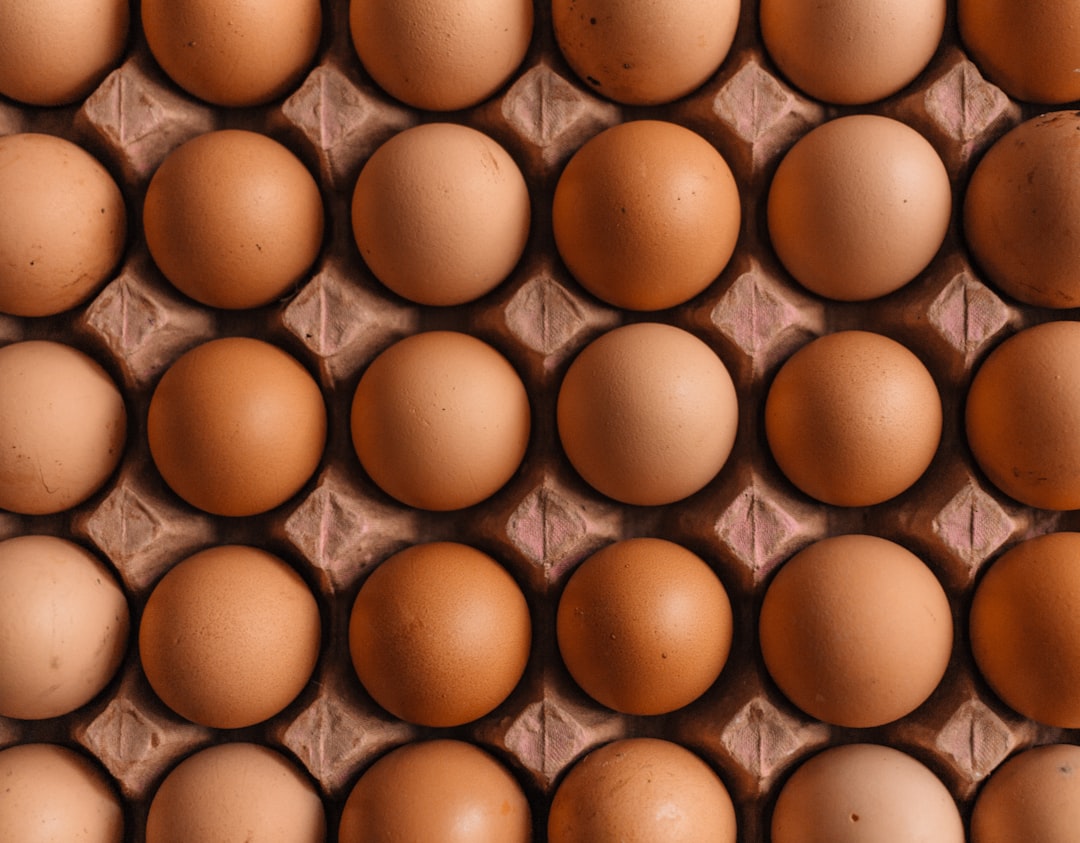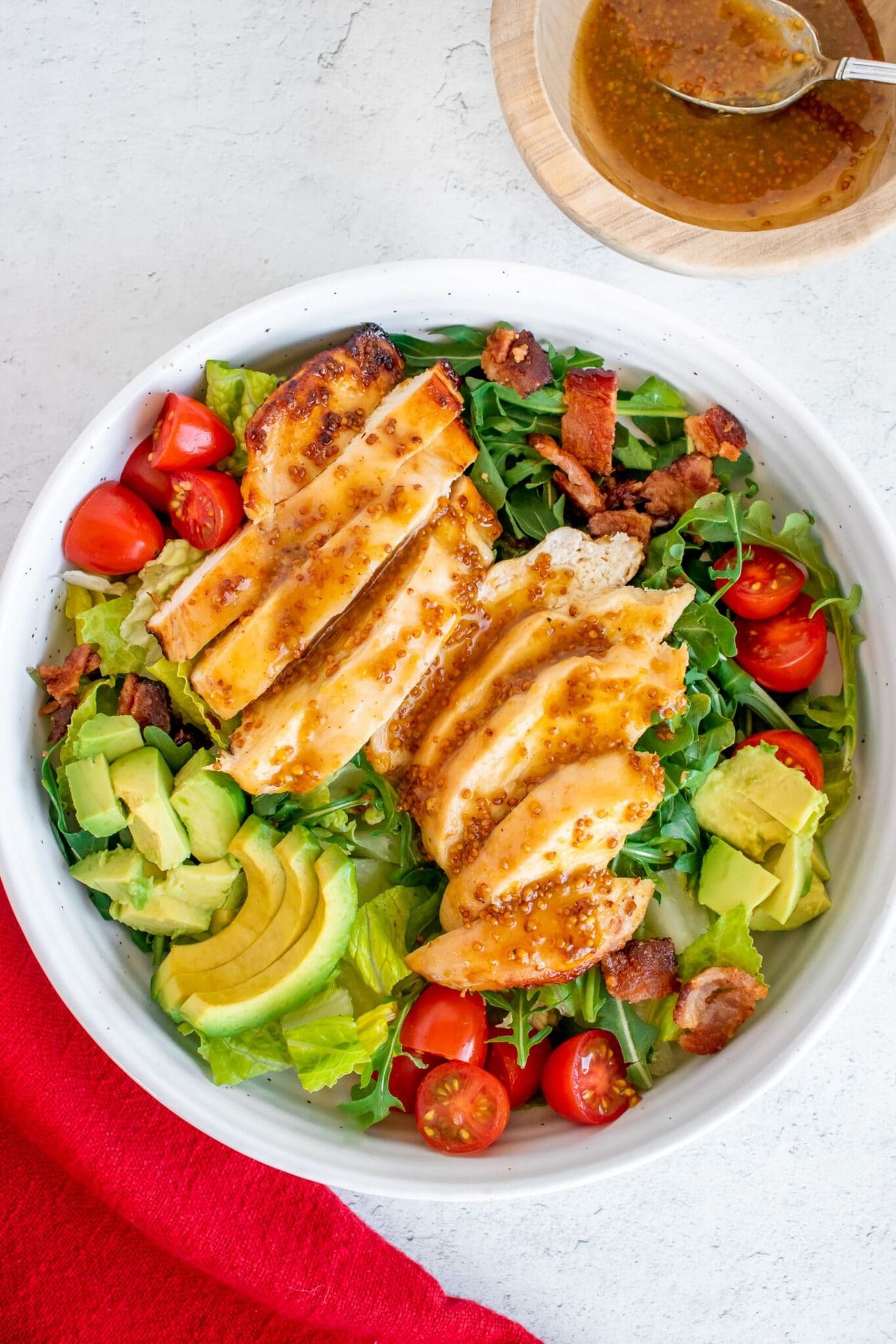- The Daily Tonic
- Posts
- Protein leverage: What is it and why does it matter?
Protein leverage: What is it and why does it matter?
Plus: Recipes to help you nail your protein goal!
"Every moment is a fresh beginning." - T.S. Eliot
Wednesday. Weight loss medications have officially entered luxury territory. Novo Nordisk, which makes Ozempic and Wegovy, just surpassed luxury giant LVMH to become Europe's most valuable company. That’s right — weight loss drugs are the new Louis Vuitton, Givenchy, and Dom Pérignon of our generation. There is just nothing hotter today than an injectable drug that can help you shortcut your way to a size 0. Now, what about some healthier, more sustainable ways to lose weight? Perhaps adding some protein to your diet? Let’s dive in.
Together with Inside Hotels
Hotels We Love: Hotel Indigo Williamsburg
If you’re looking for a quieter New York City stay than the hotels in Manhattan, head out to Hotel Indigo Williamsburg.
Offering a fun and lively—but less chaotic—stay, this hotel is just steps from the subway, making it a perfect place to access all the city has to offer. An ever-popular fourth floor pool gives guests the perfect place to cool off, while complimentary bicycles offer an eco-friendly way to get around the neighborhood. Plus, from on-site dining at the pool bar to off-site dining at local staples, this is one of the best neighborhoods for food in the city.

Protein Matters More Than You Think
It’s no secret that we have a weight management problem in the U.S. We have talked about the rising obesity rates here many times before, and it is one of the main reasons new weight loss drugs like Ozempic and Wegovy have gained so much popularity over this past year. But have we really peeled back the layers of this problem yet so that we can understand why we collectively struggle with weight gain as a society here in the U.S.?
One possible explanation is the "protein leverage" hypothesis. It puts forth a relatively simple yet compelling idea — humans might eat more when the protein content in their diet is low, especially with the type of access we have to processed foods today. This behavior, researchers suggest, could be a major reason behind the rising obesity epidemic.
At its core, the hypothesis points out an intriguing behavioral pattern seen in humans and many other species: we seem to prioritize protein intake over other dietary components. This makes sense, given that proteins are our bodies' literal building blocks.
This is why it’s suspected that when there's a decrease in protein content in our diet, there's a corresponding increase in our total food intake. Consider it: modern diets, chock-full of carbs and fats but low on protein, could make us consume extra calories. Our bodies might be constantly searching to meet their protein requirement, even if that means eating more calories than necessary.
The result? Unwanted weight gain.
Recent research, particularly a paper from the Royal Society Discussion Meeting, adds weight to this hypothesis. The researchers there collected and presented data from various studies, all pointing towards the protein leverage effect as a significant factor in obesity. They show that our bodies' reactions to protein-diluted food and changes in protein requirements at various stages of life can increase obesity risks.
The thing is, our protein needs aren't constant throughout our life. At specific times, like during the transition to menopause, our bodies require more protein. Our protein requirements also change when we alter our activity levels, such as when an athlete retires or if you switch to a more sedentary job.
Now, combine these changing requirements with a diet low in protein, and you get a recipe for overeating and, consequently, weight gain. Interestingly, this effect isn't limited to adults. Kids and teenagers exhibit protein leverage behavior as well. This leads to a whole bunch more questions about early-life diets. For instance, if an infant is fed a high-protein formula, does it set them up for higher protein needs later on? If so, they might be more likely to overeat when presented with low-protein processed foods during their adolescent or adult years.
This issue is a big deal, especially considering the global situation. The World Health Organization labels obesity as the most significant health challenge of our time. Therefore, the researchers emphasize the need for a comprehensive approach to tackle obesity. Rather than viewing the various factors contributing to obesity in isolation, it's essential to understand how they interact. By doing this, we'll be in a better position to address the root causes of obesity effectively and actually make a dent in this problem before it is too late.
The key takeaway? While many factors play a role in the rising obesity numbers worldwide, our relationship with protein and how we respond to it could be more critical than previously thought. If the protein leverage hypothesis holds water, understanding and addressing it could be a step toward a healthier future for many.
So try getting more protein in your diet and see how you feel. How much is enough? .8 grams per lb of body weight is a good place to start. Hate math? Me too. The simpler approach is just to ensure you get a palm-sized serving of protein with every meal. Who knows? This might just be the missing piece to help you feel and look your best for years to come.
Tonic Shots
1. Honey Mustard? Yes, Please!
This honey mustard chicken salad is packed with protein, flavor, and all the other nutrients you need to feel your best!
2. Tuna Tuna!

This healthy tuna salad is the perfect recipe for a protein-packed lunch that packs a punch.
3. Greek Food Is Always So Good

This greek chicken pasta salad is one of my favorites. Feel free to double up the chicken to double up the protein. Enjoy.
Keep Reading
Love The Daily Tonic? Here’s another newsletter you may love too:
|
How was today's newsletter? |



